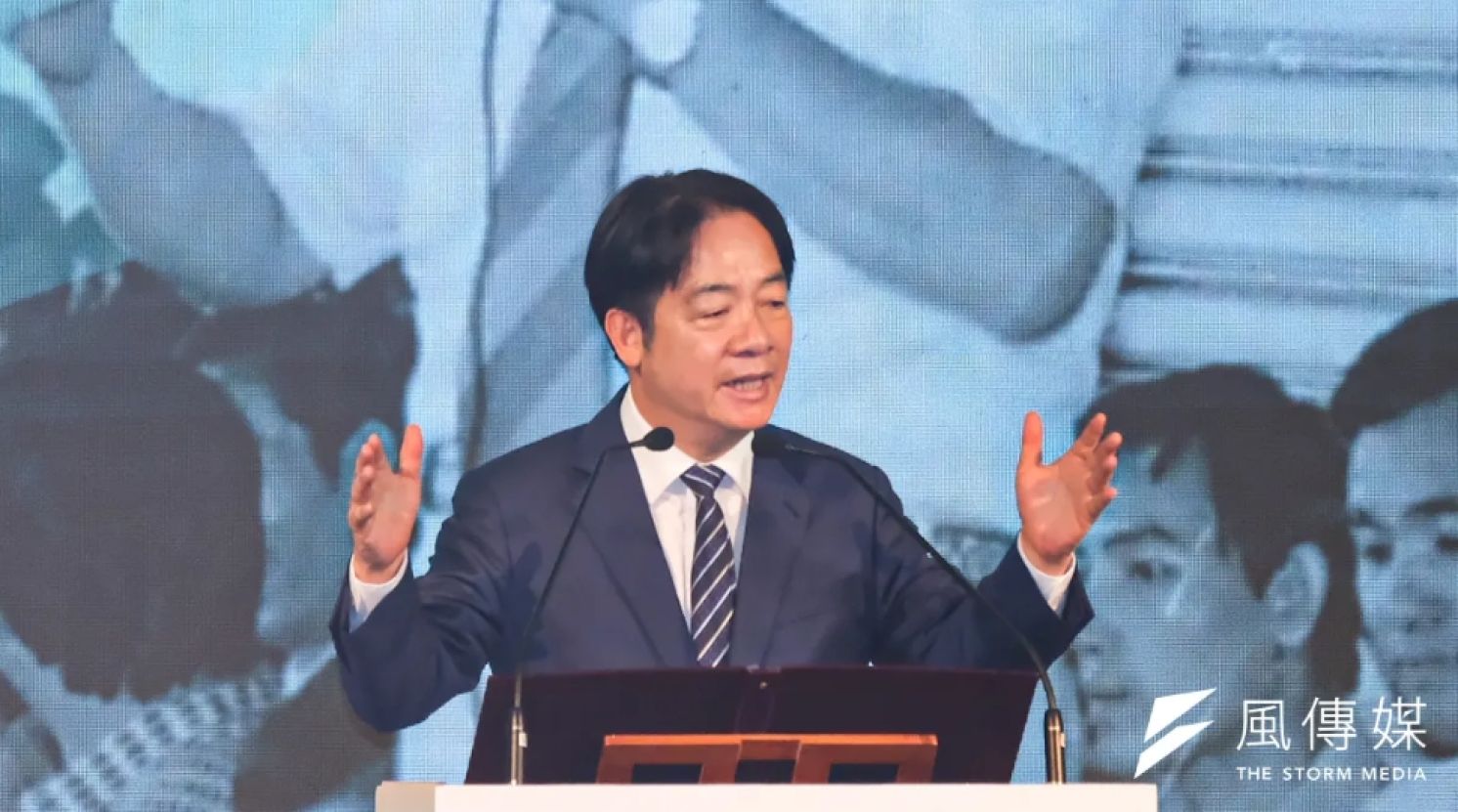
With Errors in Every Speech, President Lai Exposes His Own Weakness
United Daily News Editorial, July 2, 2025
President Lai Ching-te has delivered four out of his planned 10 speeches on national unity, and each one has sparked controversy. Rather than rallying the nation, these speeches have ranged from historically inaccurate gaffes to divisive rhetoric that betrays democratic principles. Instead of elevating public support in the face of an ongoing recall campaign against opposition lawmakers, President Lai’s high-profile address series has only served to expose his weaknesses—and those of his inner circle.
Marketed as a platform to unite the country, President Lai’s speeches have ironically amplified division. Rather than articulating a vision of shared national aspiration, President Lai has repeatedly highlighted difference and expressed open hostility toward those who do not share his views. In his first speech, he insisted that Taiwan has no connection with mainland China and that Beijing has zero legitimacy to govern the island. His second speech took a more hardline tone, implying that dissenting views should be “purged.” By the third, he had escalated his attacks to Taiwan’s own legislature—calling the democratically elected Legislative Yuan a "malfunction of democracy," suggesting it must be "taken back" through constitutional courts and mass recalls.
Such confrontational language is striking coming from a leader elected with just over 40 percent of the vote. President Lai’s rhetoric has raised eyebrows not only for its intensity but for the questions it raises about how he might govern in times of deeper crisis. If a legislative standoff provokes this level of vitriol, what might happen to Taiwan in the event of a truly existential threat? Would he tolerate dissent at all? Critics now ask whether this self-proclaimed defender of democracy would veer dangerously toward authoritarianism.
Long considered the darling of the pro-independence movement—the so-called “golden grandson” of Taiwan independence—President Lai has risen to power on the strength of this backing. His latest speeches seem designed to repay that loyalty. Though elected without a majority mandate, President Lai appears to view the recall crisis as an opportunity to accelerate his nationalist agenda, channeling years of pent-up ideological fervor into these so-called “Unity Talks.” Yet instead of a triumphant debut, the result has been an awkward and error-prone coming-out that has left even supporters uncomfortable.
President Lai’s factual missteps have been particularly damaging. In one speech, he falsely claimed that no Taiwanese representatives had participated in the 1946 constitutional convention of the Republic of China. In reality, 18 delegates from Taiwan—among them key democratic pioneers like Lee Wan-chu and Lien Chen-tung—were present. When corrected, the Presidential Office refused to acknowledge the error, instead dismissing the delegates as “not popularly elected,” ignoring that constitutional conventions, especially in transitional democracies, rarely are. Such rebuttals have only further highlighted President Lai’s weak grasp of democratic history and theory.
The broader thrust of President Lai’s vision for Taiwan also leans heavily on a narrative of complete disassociation from China. Whether citing the San Francisco Peace Treaty or invoking prehistorical DNA evidence of Austronesian ancestry, President Lai has repeatedly sought to position Taiwan as a civilization entirely apart from the Chinese mainland. But these cherry-picked historical and scientific references are often riddled with inconsistencies, and when scrutinized, many fall apart. As a result, his speeches have become fodder for satire and correction by his own communications team, who have been left scrambling to patch up the president’s blunders.
A truly united nation, of course, is not built on exclusion and antagonism. Yet President Lai has used the language of unity to justify a campaign of political division—pushing mass recalls, discrediting opponents, and deepening partisan rifts. In doing so, he may have inadvertently validated the majority of voters—some 60 percent—who chose not to support him last year. Their caution, it now seems, was warranted.
Ultimately, the mythos of President Lai as the “golden grandson” of Taiwan independence is beginning to crack. His performance so far suggests not a figure of solid gold, but one gilded—thinly coated, vulnerable to scrutiny, and increasingly exposed.
From:https://udn.com/news/story/7338/8844443
〈Back to Taiwan Weekly Newsletter〉